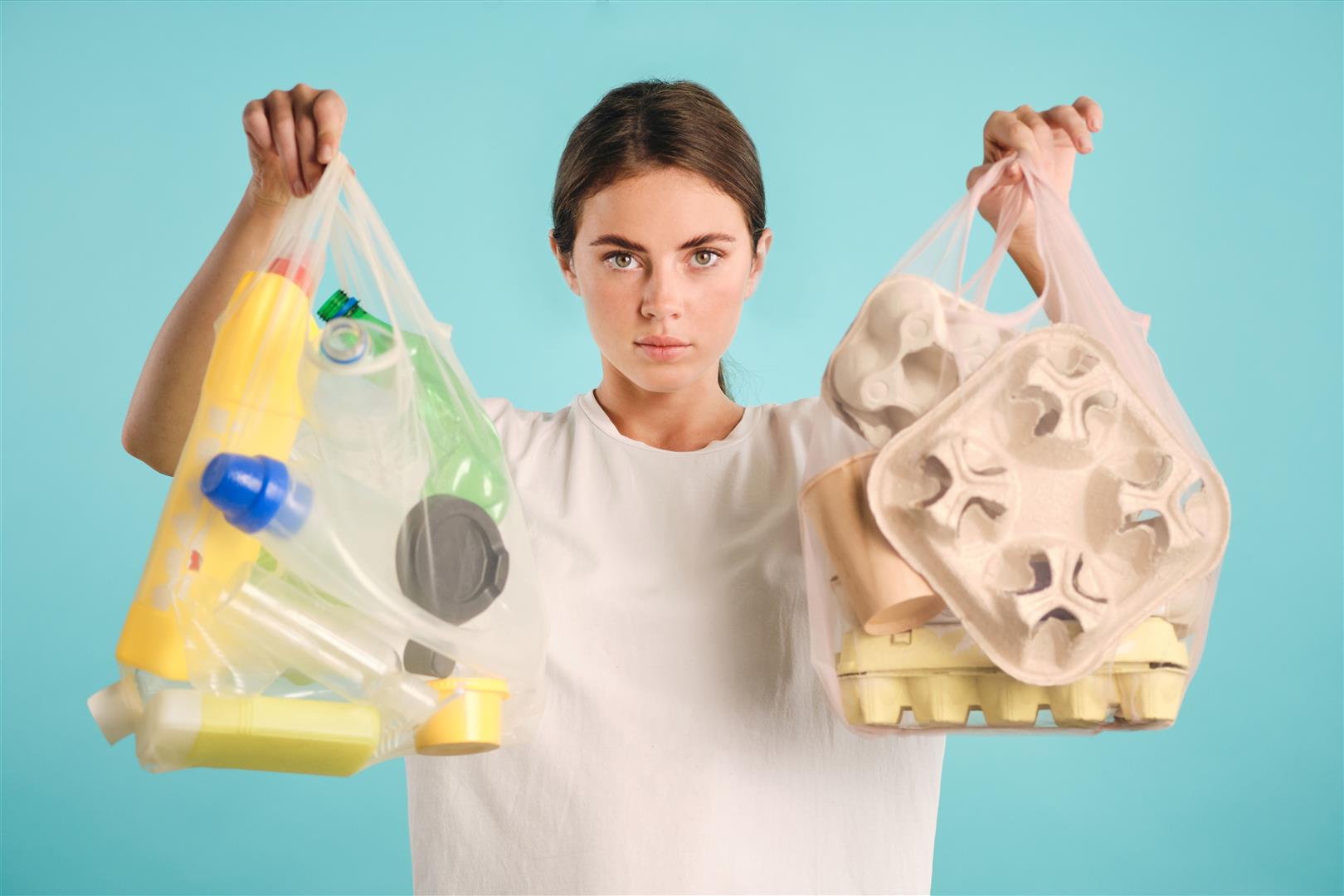
The Extended Producer Responsibility (EPR) promotes the extended environmental responsibility of producers throughout the life cycle of products and packaging, from design, manufacturing, to handling of used packaging. This is an important way to reduce accumulated waste, leading to the creation of a business model according to the principles of the circular economy under the BCG Model to drive Thailand's sustainable economy.
Based on the EPR principle, which is often accompanied by a take-back system for waste packaging to manage post-consumption waste, the Federation of Thai Industries Established the project “PackBack, Collecting Packaging For Sustainable Days”, piloting 3 areas in Chonburi province, namely Saen Suk Municipality, Ban Bueng Municipality and Ko Si Chang Municipality, as well as opening a forum to exchange ideas, opinions and educate entrepreneurs and the general public in order to drive this approach to concrete results under the following 4 guidelines:
1) Studying packaging development mechanism according to EPR principles
2) Carrying out prototyping and collecting relevant data
3) Creating awareness of correct packaging handling and understanding of the EPR system
4) Expanding cooperation to manufacturers to participate more to create an ecosystems suitable for Thailand to reuse post-consumer packaging waste continuously.
In addition, the EPR principle also prepares Thai manufacturers in all industries to be ready to deal with the global environmental regulations and rules that will be more strict in the future. Therefore, it is necessary to study business operations under the ecosystems, from the collection of used packaging waste, transportation, logistics system, and recycling used packaging to be raw materials that create value, along with a proposal for the government to use tax measures to incentivize the implementation of the EPR principles in order to quickly achieve tangible results in Thai society.
Source:The Federation of Thai Industries.
Tel: +66 -2345-1000